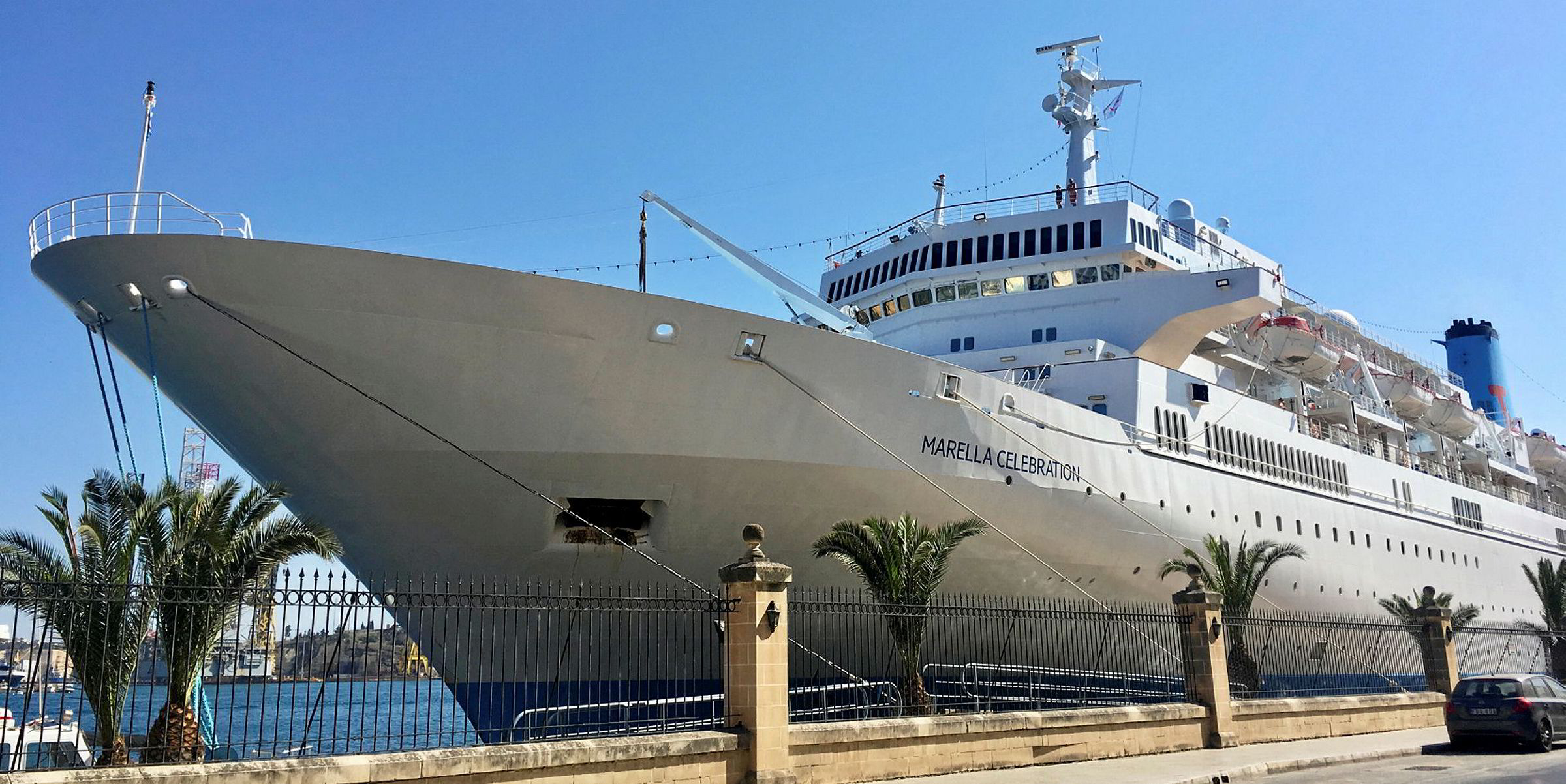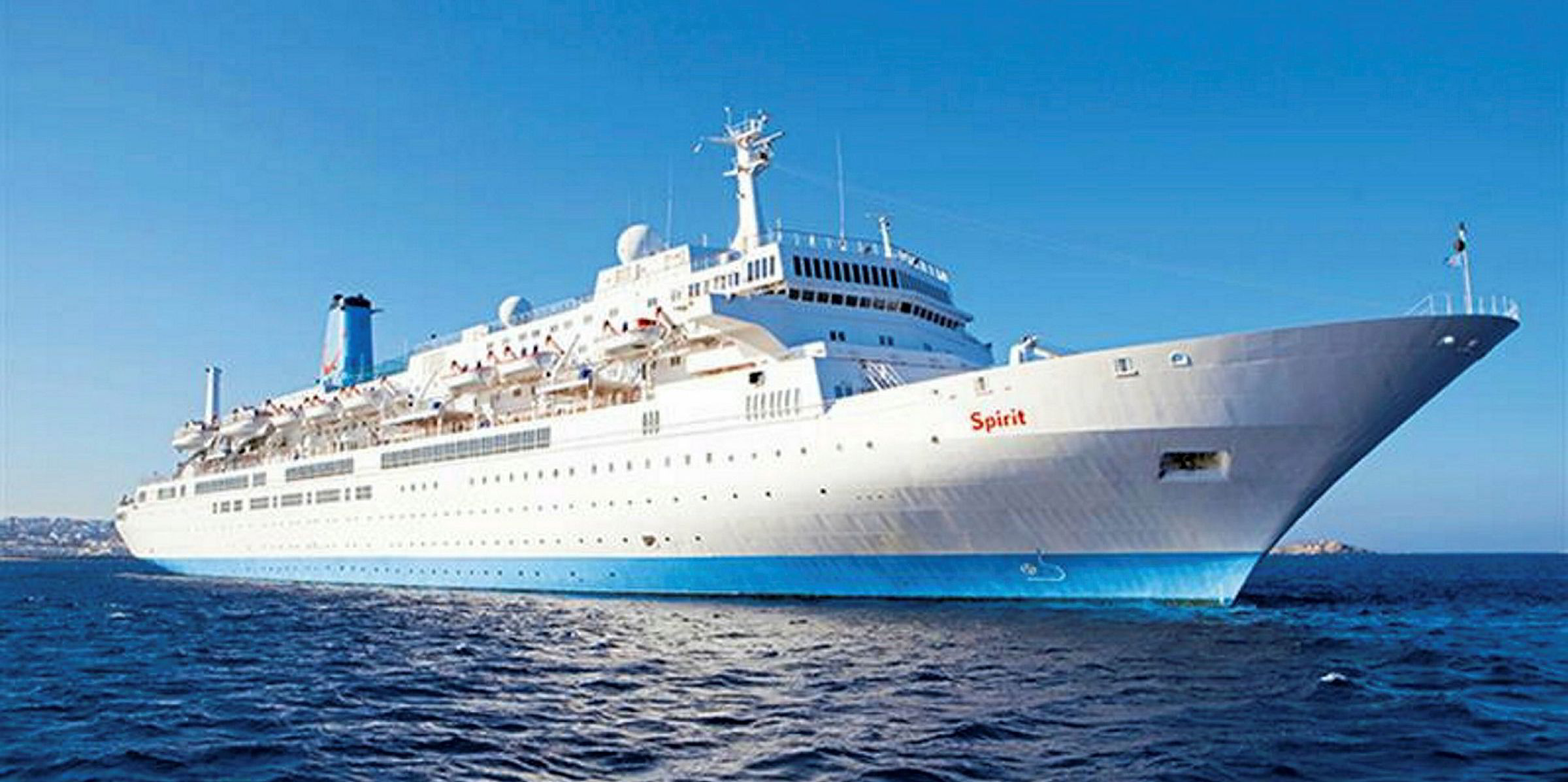Swansea-based Marella Cruises has become the first cruise operator to permanently retire one of its cruiseships as a direct result of the Covid-19 coronavirus pandemic.
The company, a subsidiary of the TUI UK travel conglomerate, confirmed on Thursday that its 33,900-gt cruiseship Marella Celebration (built 1984) was to leave the Marella fleet with immediate effect.
It cited the need to adjust capacity against expected demand once it is able to resume cruise operations.
Marella, which until 2017 was known as Thomson Cruises, has operated the Marella Celebration since 2005. It was initially bareboat chartered from Carnival Corp, but was acquired outright by TUI AG in 2010.
The ship was scheduled to operate in the Mediterranean during the 2020 and 2021 summer cruise seasons, and to spend the European winter months operating out of Dubai and Cyprus.
Marella, which is left with five larger, newer ships, has suspended all cruise operations until July.
The company did not disclose whether it would sell or scrap the Marella Celebration, although given the dire state of the cruise industry, the latter option looks more likely.
Last year, identical sister Marella Spirit (built 1983) was sold for recycling by the Louis Group at the end of its charter to Marella, which would indicate that there was little demand for a cruiseship of this vintage even before the coronavirus decimated the cruise sector.
Many industry observers believe that a large number of older cruiseships will be put out to pasture as the industry shutdown lingers on.
The negative publicity the industry has suffered because of the coronavirus, combined with a drop in consumer spending on holiday travel, is expected to result in the cruise industry resuming operations in a gradual, phased manner.
Analysts have questioned whether capacity demand will ever rebound to pre-coronavirus levels.
Industry sources tell TradeWinds that older ships in the fleets of the larger cruise companies could be jettisoned as a means of raising cash. These ships are largely paid off, and the proceeds of any sale, even if only for scrap, would help with their struggle for survival.
Smaller second-tier cruise lines, whose fleets comprise of older, secondhand ships, are expected to suffer even worse, and may find themselves under strong pressure from banks and other lenders to sell assets at fire-sale prices.






